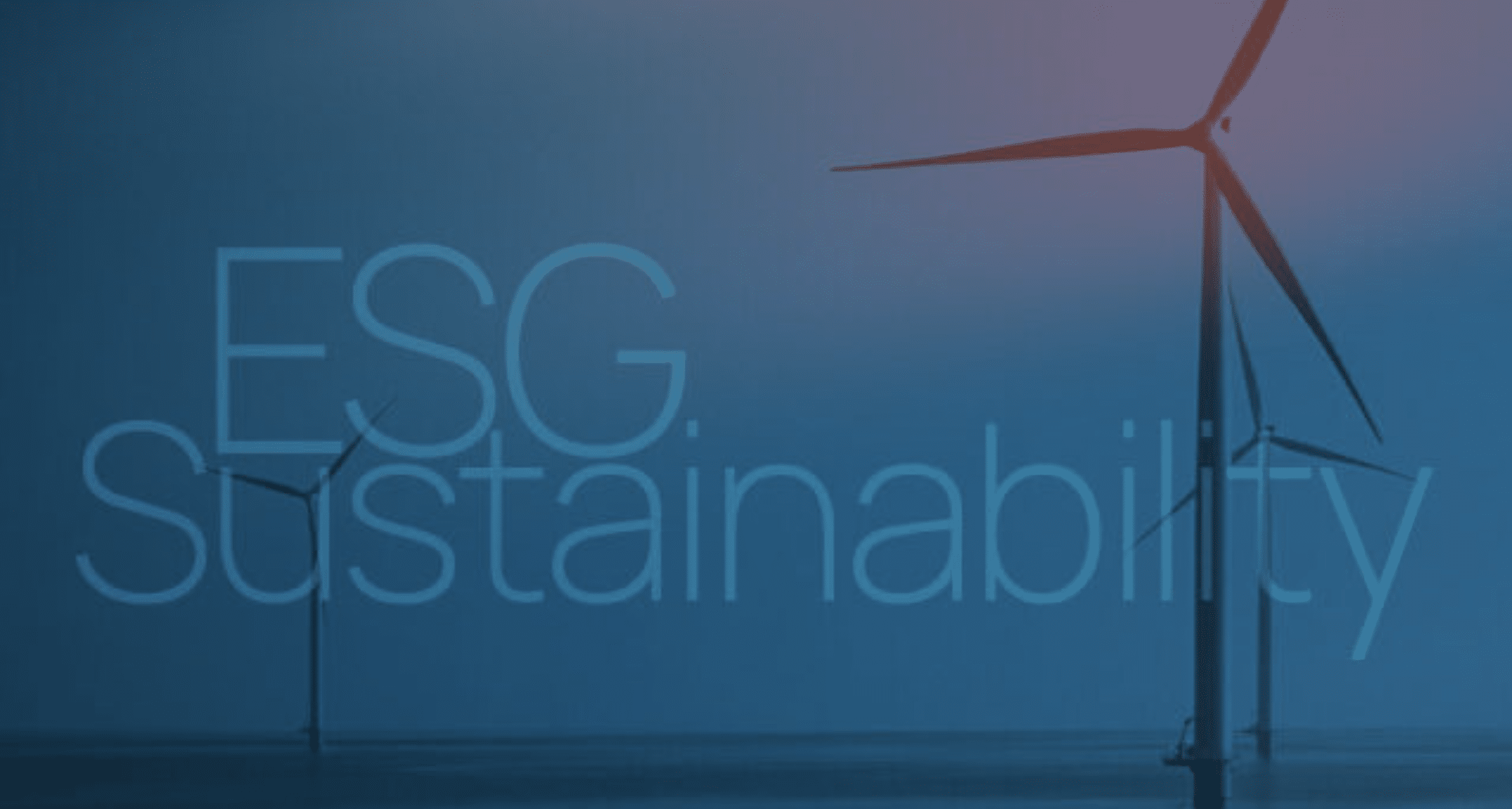Quick Summary:
Sustainability and ESG are hot topics for businesses today. Both encourage responsible practices, but with some key differences. ESG focuses on environmental impact, social responsibility, and good governance, aiming for financial gain.
Sustainability is broader, considering the long-term well-being of the planet and society. Investors use ESG metrics to assess risk and return, while sustainable investing looks at a company’s overall ethical practices.
Reporting also differs; ESG uses specific metrics, while sustainability reports consider a wider range of factors. As regulations evolve, companies are demonstrating their commitment to both through responsible business practices.

Rising global concerns around climate change, social justice, and ethical governance practices have made ESG (Environmental, Social, and Governance) and sustainability important concepts when it comes to business priorities.
As investors, business partners, and the public increasingly demand responsible business practices, companies are recognizing the importance of integrating ESG and sustainability principles into their operations.
Sustainability and ESG are therefore now commonly being addressed in boardrooms, assessed by investors, and reported on by companies. Both sustainability and ESG are crucial for businesses, helping them perform better, and although they have some similarities, they also have differences.
Definitions: ESG and sustainability
What is ESG?
ESG is a set of criteria that investors, businesses, and organizations use to evaluate a company’s impact on the environment, its relationships with people (social aspects), and the quality of its governance practices.
ESG is often utilized by investors to assess factors which directly influence the financial returns of a business. They employ ESG principles to evaluate risks that could dissuade their investment, such as excessive pollution (E), poor working conditions (S), or financial irregularities (G).
Evidence shows that addressing these non-financial indicators contributes to the resilience, profitability, and sustainability of companies, and that neglecting ESG considerations may lead to business collapse.
For instance, a company with strong environmental practices, effectively managing carbon emissions and minimizing its environmental impact, may be deemed environmentally sustainable. However, if it neglects the well-being of its employees or dismisses community concerns, it signifies a failure in managing ESG assets, ultimately jeopardizing the organization.
Various standards and frameworks guide investors in tracking specific metrics, offering diverse scoring methodologies to assess an organization’s ‘health’ from an ESG perspective – prominent examples include the International Sustainability Standards Board (ISSB), Global Reporting Initiative (GRI), and Carbon Disclosure Project (CDP) frameworks and standards.

What is sustainability?
Sustainability is a fundamental concept rooted in the necessity to ensure that development meets the needs of the present without compromising the ability of future generations to fulfil their own needs.
In a broad sense, sustainability involves the adept management of three core dimensions—environmental, economic, and social—in the pursuit of a decent quality of life.
UNESCO draws a distinction between sustainability and sustainable development, noting that sustainability is often perceived as a long-term goal, envisioning a more sustainable world, while sustainable development represents the multitude of processes and pathways to achieve this goal. In essence, sustainable development serves as the method or process to attaining sustainability.
For humanity to endure in a sustainable manner, we need to address and manage impacts such as air pollution (by adopting clean energy practices), water contamination, biodiversity loss, and soil health degradation (ensuring the preservation of sufficient arable land).
Similarly, for a business to be sustainable, it must not only effectively manage its environmental impacts but also ensure ongoing economic viability whilst addressing social considerations and maintaining ethical governance of its own affairs.
The differences between ESG and sustainability
Differences from an investment perspective
Sustainability can be considered to be more holistic in scope than ESG, considering a company’s broader impact on the world. ESG on the other hand, focuses on specific factors that directly impact financial performance and risk.
From an investment perspective, ESG factors are thus usually considered financially material, meaning they have the potential to affect the financial performance of a company and, consequently, the return on investment.
Sustainable investing, on the other hand, considers a company’s commitment to responsible and ethical practices, going beyond the specific factors highlighted in ESG. It involves making decisions about capital allocation guided by socially responsible and ethical strategies with the aim to invest in companies that uphold a strong set of sustainability principles.
While sustainable investing doesn’t neglect the fundamental principles of investing, it additionally incorporates ESG factors into the assessment of how value will be generated.
Differences when it comes to metrics and reporting
As ESG metrics are specific indicators within the Environmental, Social, and Governance categories, reports may highlight metrics such as carbon emissions, diversity and inclusion measures, and governance structures.
There is also an increasing push for standardization in ESG reporting to facilitate comparisons across companies and industries, with initiatives such as the ISSB, GRI, and CDP mentioned earlier, all contributing to establishing common frameworks.
Sustainability reporting usually considers a wider array of stakeholders and may therefore follow broader frameworks, such as the United Nations Sustainable Development Goals (UN SDGs) for example.
Differences from a regulatory perspective
Due to the considerable overlap between ESG and sustainability, defining regulatory differences can be tricky. With local and global regulatory landscapes for ESG and sustainability constantly evolving, companies are often just doing their best to demonstrate their commitment to both concepts via responsible and sustainable business practices.
As businesses increasingly recognize the importance of ESG and sustainability, the role of ESG software has emerged as a crucial tool in navigating this rapidly evolving landscape. ESG software enables businesses to efficiently assess, monitor, and report on their ESG performance.
IsoMetrix Lumina is an end-to-end carbon accounting and ESG reporting SaaS solution that helps organizations of all sizes and maturities improve the efficiency, accuracy, and consistency of their data collection, disclosures, and strategic planning to make meaningful progress toward their ESG goals.

